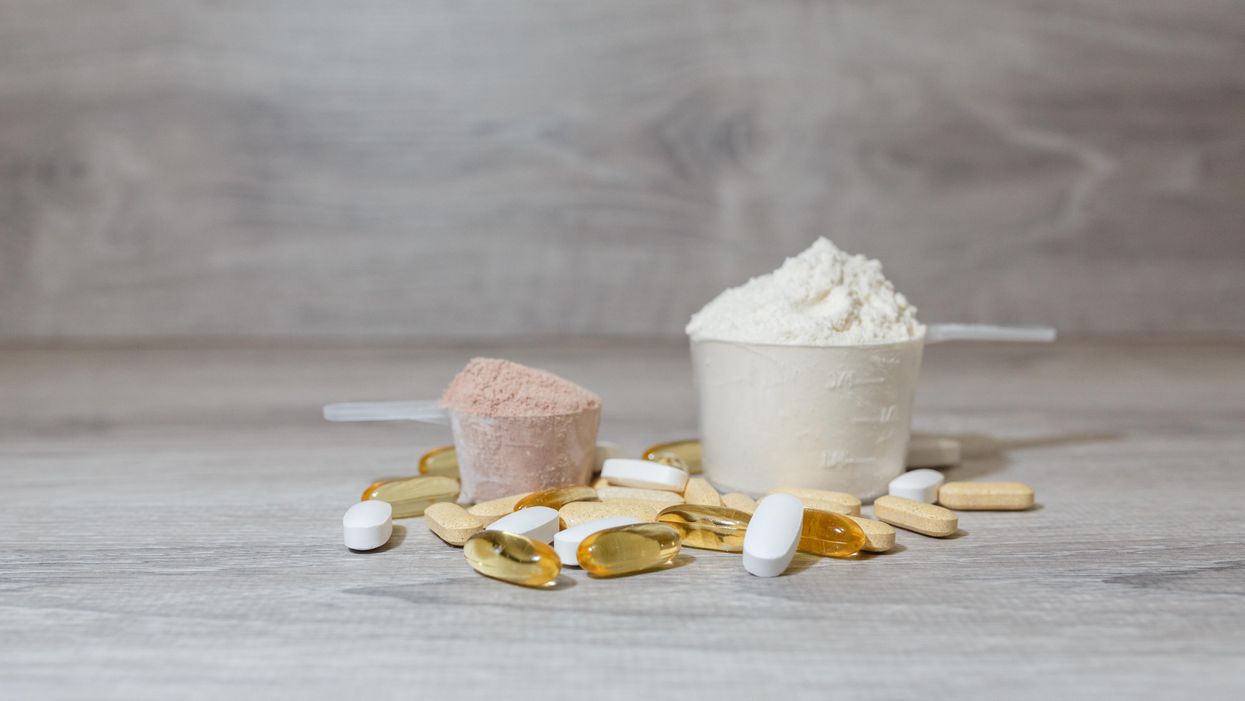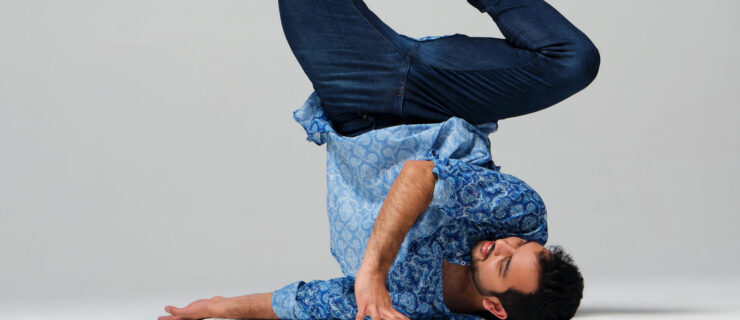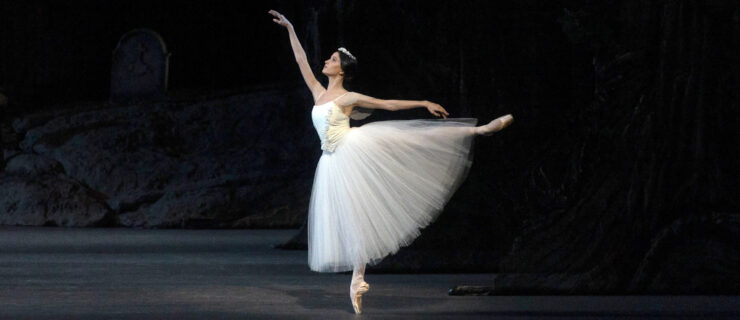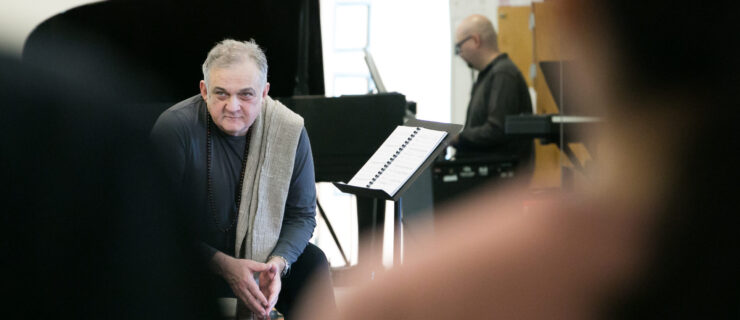Should Dancers Be Taking Sports Supplements?
You probably wouldn’t follow the cross-training regimen of a football player, or do the same stretches as a soccer star. So are sports supplements aimed at other athletes even useful for high-level dancers? To find out which ones could boost your performance—and which could actually tank your hard work—we spoke with two dancers-turned-dietitians.
Protein Powder
Whether it’s made from whey, soy or pea, “protein powder can be a great way to get some quick nutrition,” says certified dietitian/nutritionist Nora Minno. A smoothie made up of fruits, veggies and protein powder can pack a real nutritional punch—without taxing your digestive system right before class or rehearsal.
SUPPLEMENT SMART:
Registered dietitian nutritionist Kristin Koskinen recommends choosing the brand that has the fewest ingredients: “It’s better to add your own vanilla or chocolate or sweetener.”
Electrolyte Drinks
When it comes to electrolyte supplements like Gatorade, Nuun or Liquid I.V., Koskinen says, “If you’ve been working hard for at least an hour and it’s hot or humid, you will most likely benefit from electrolytes.” And if you’re a heavy or salty sweater, you could benefit from electrolyte replacement before you even begin dancing, regardless of the weather.
SUPPLEMENT SMART:
“Take into account the sugar these drinks contribute to your total daily intake,” Minno says. Also know that many sports drinks include additional ingredients that could leave you with an excess of vitamins or minerals in your bloodstream that, Koskinen says, can be harmful. Read the label carefully, and look for products that focus on hydration and electrolyte replacement.
Creatine
If you’re looking to build muscle and strength, creatine is very well researched and generally considered safe, Koskinen says. It works by helping muscle cells produce more energy. It also acts as a building block and messenger in supporting muscle growth and repair. Creatine is naturally found in meat, so a supplement can be helpful for vegetarians and especially vegans, Koskinen adds.
SUPPLEMENT SMART:
Don’t expect an immediate effect—the creatine needs to reach a certain threshold in your body from regular dosage before you’ll notice results. And don’t be surprised if you see a little water weight: “It adds water to muscles, which some dancers like because it makes muscles look bigger,” says Koskinen.
Take a Pass
Some supplements aren’t proven to do what they promise, while others aren’t proven to be safe or may not be the right fit for dancers’ routines. Unless a dietitian explicitly advises you otherwise, steer clear of these:
- pre-workout formulas
- wellness gummies (especially those promising flat abs)
- weight-loss aids
- concentrated greens
- amino-acid supplements
- any supplements promising a quick fix
What to Look For
Supplements aren’t as strictly regulated as drugs. Keep a few principles in mind when shopping:
- Look for products tested by a third party, particularly those verified by USP or certified by NSF.
- Choose well-known brands. “Typically, bigger brands are more closely monitored by the FDA for safety, accuracy in labeling and absence of harmful substances,” dietitian Nora Minno explains.
- Be mindful of how many milligrams you’re getting—more isn’t always better. For example, caffeine can improve stamina, recovery and physical performance, but too much can backfire.




